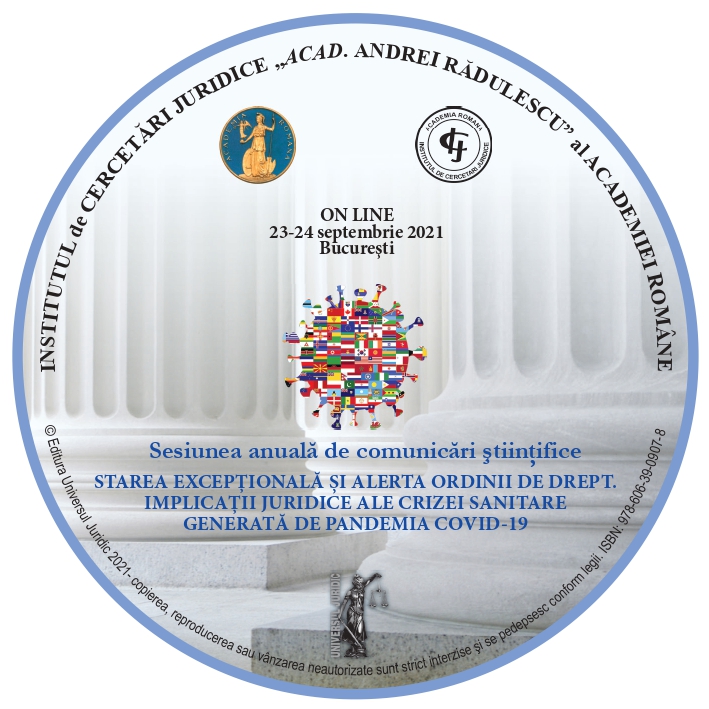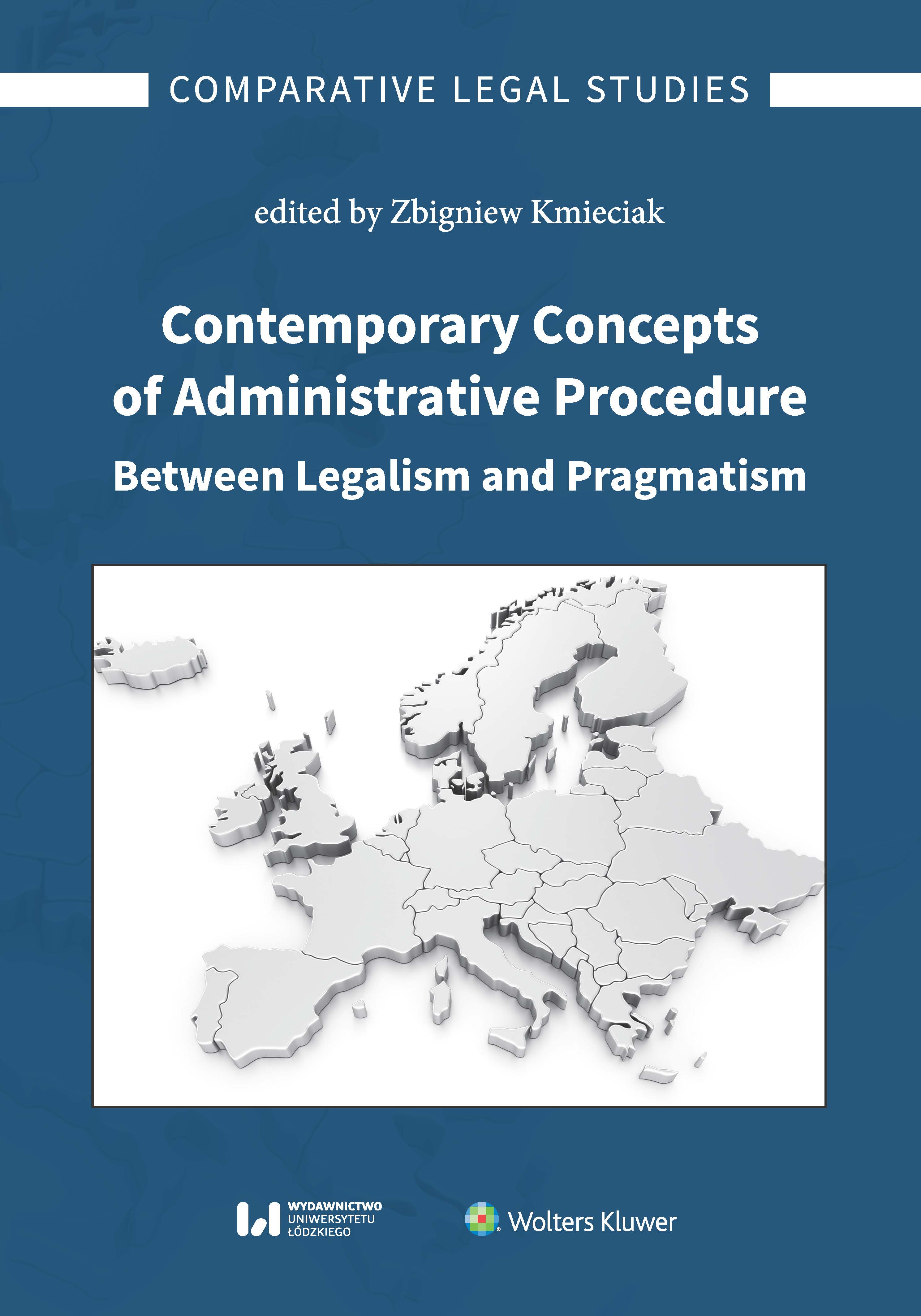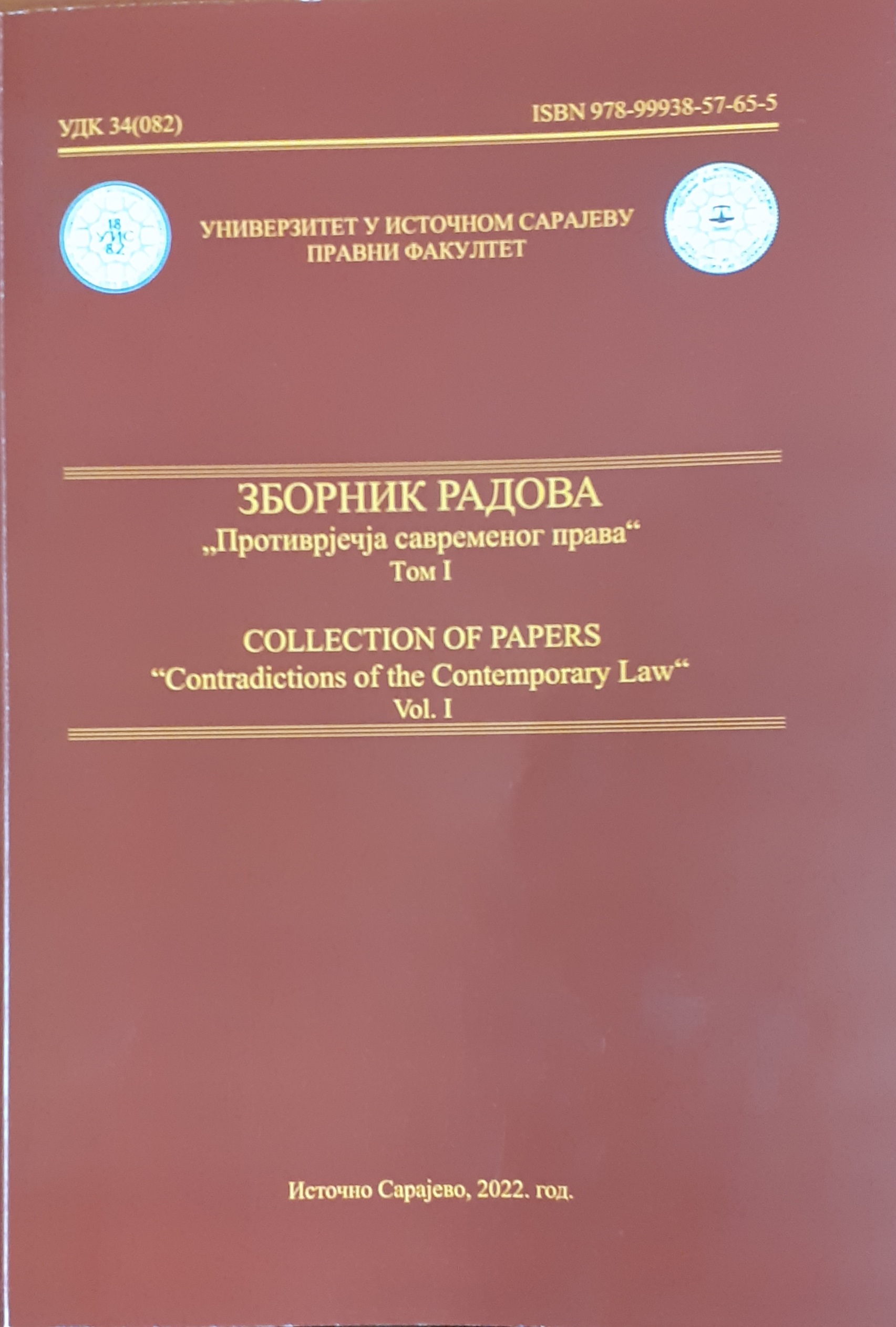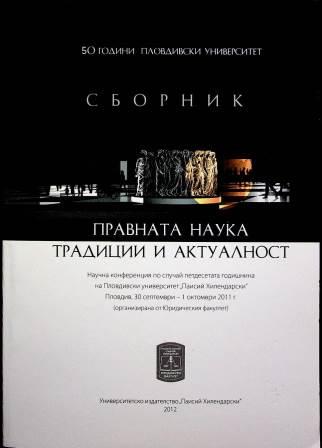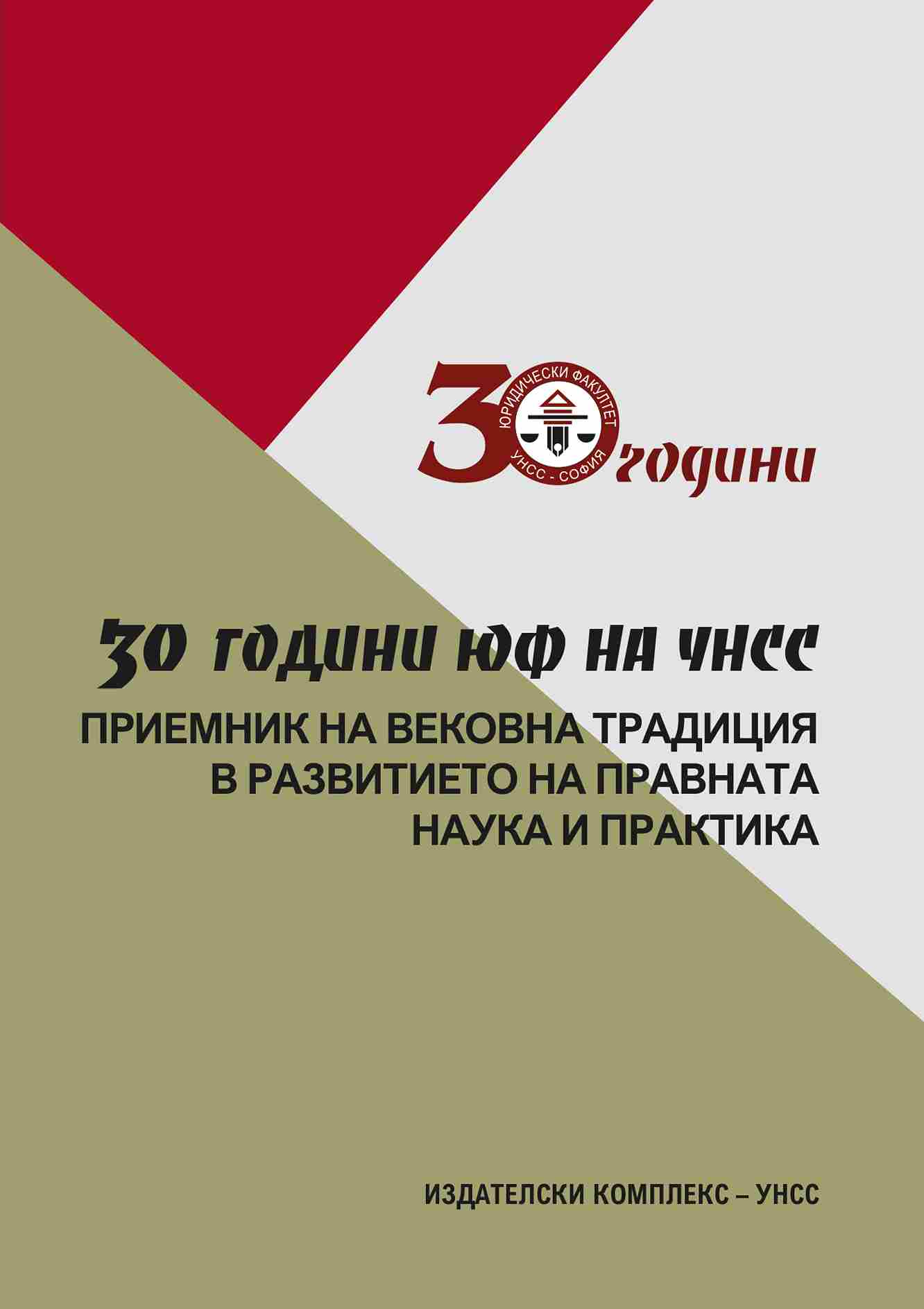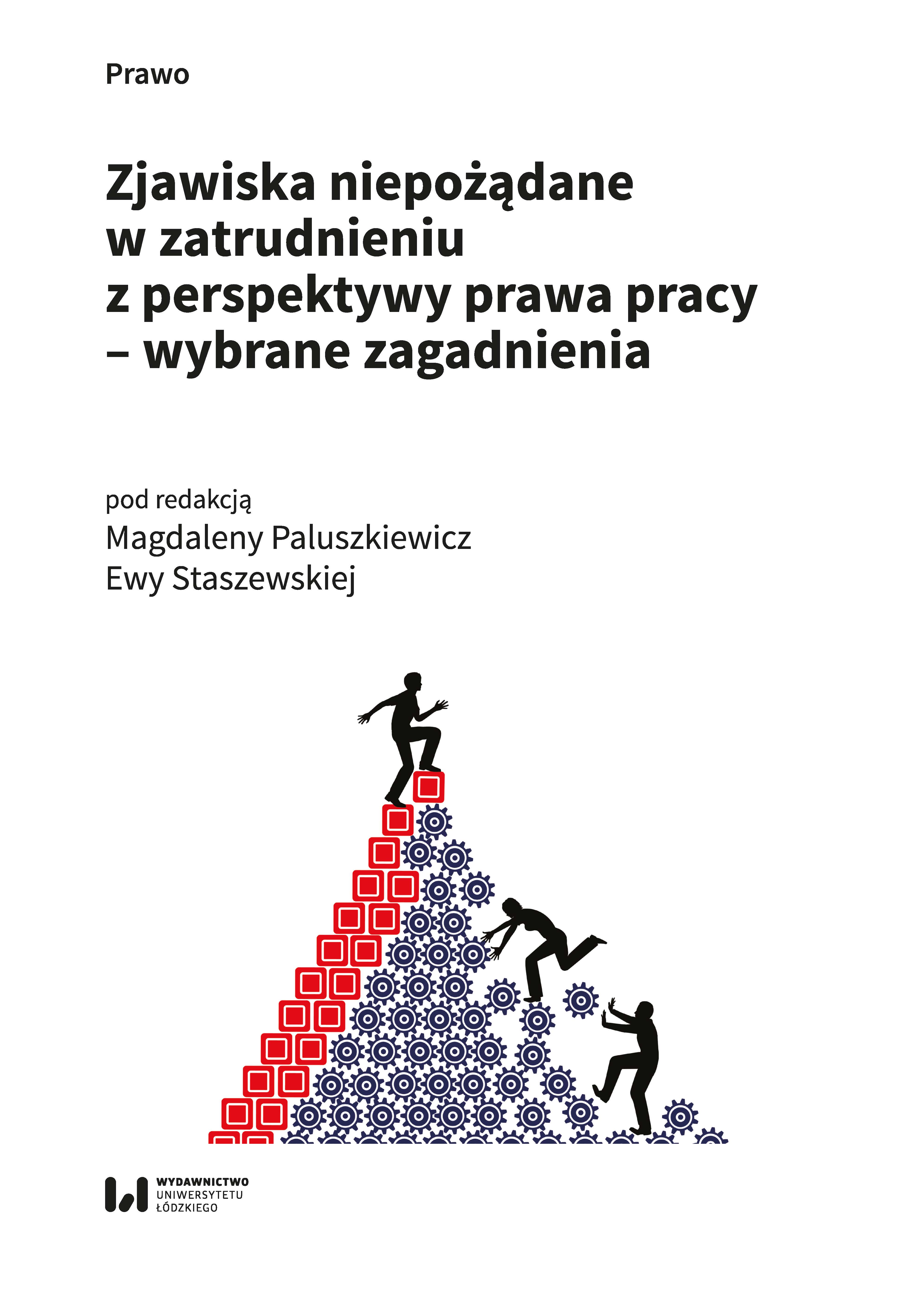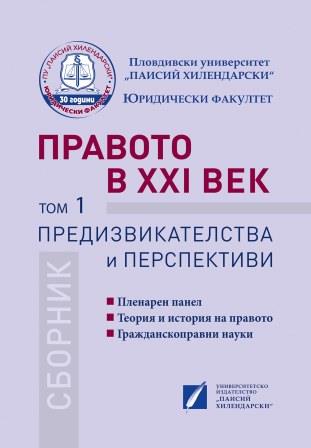Author(s): Janusz Żołyński / Language(s): Polish
Publication Year: 0
Currently, civilisation and the development of the modern world have generated new, extremely dynamic phenomena (which are not, however, the consequence of some political and legal idea), which will force the participants to use various solutions, as well as technological tools closely related to the field of mathematics. This phenomenon is often referred to as digitalisation, which in the narrow sense of the term is equated with digitisation, otherwise known as the digital world. This results in the Employer becoming an entity to which it is legitimate to adopt the terminology – that it is an IT establishment. Nowadays, one of the elementary conditions for proper functioning of such an entity are certain obligations imposed by ius cogens regulations, the implementation of which requires the application of permanent processes related to the acquisition, collection, processing, analysis, archiving, transmission, dissemination, deletion and management of information (data) in all social and economic areas related to labour relations. The consequence of this phenomenon is that the IT establishment is not an idea, but should be understood exclusively as an economic, social and legal phenomenon. As a commonality of the fate of the employer and the employees (or rather the employed, since in the workplace not only the employees provide de facto work) and the social private actors (unions) which are actively involved in a wide range of processes concerning social labour relations To this end, using IT tools and making appropriate numerical (mathematical) calculations, they make intensive use of all sets of data (information), not only in the strictly labour-related field, but also in the social, social economic, financial (tax), health, sport or even cultural and religious areas.
More...
